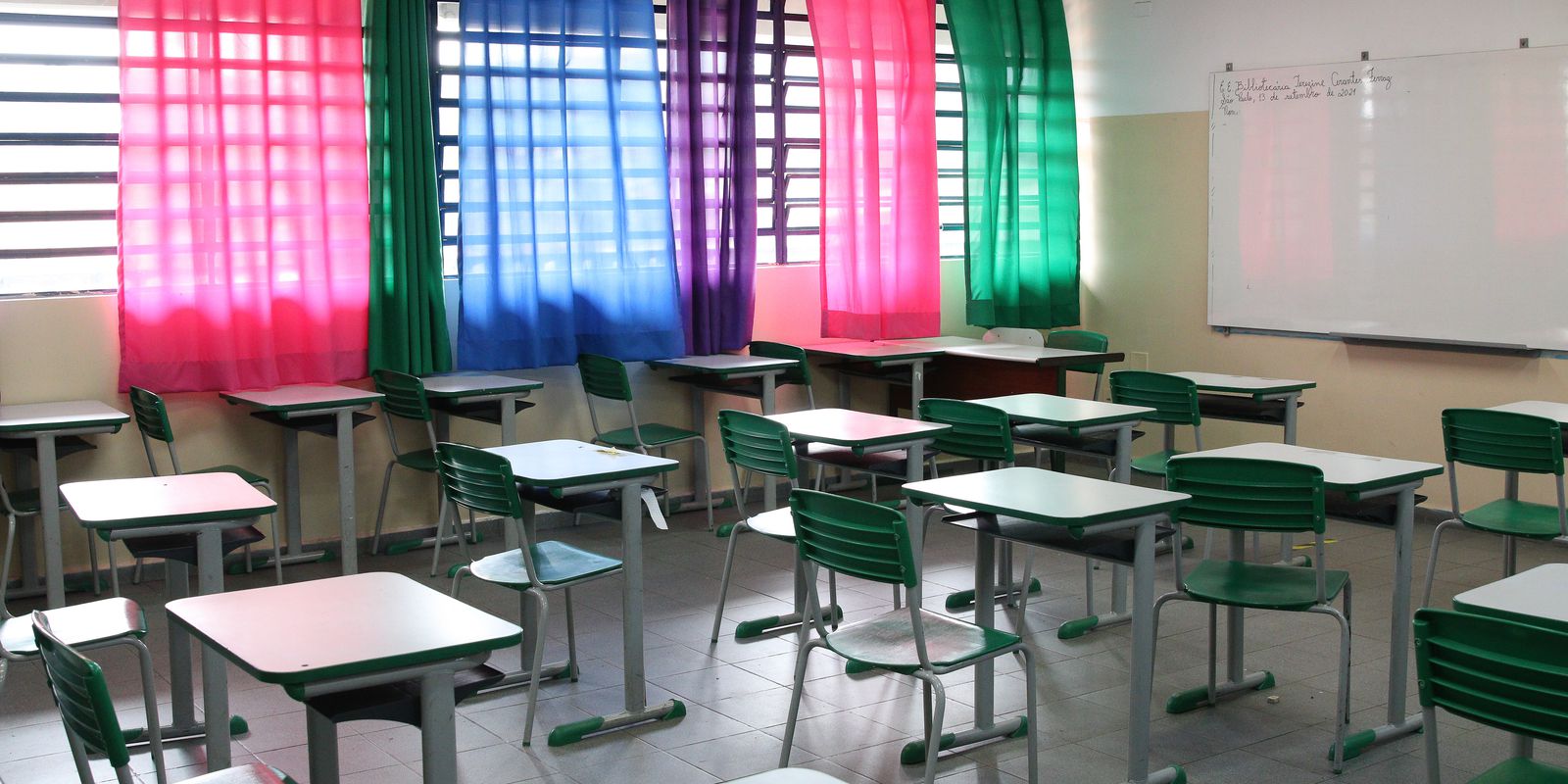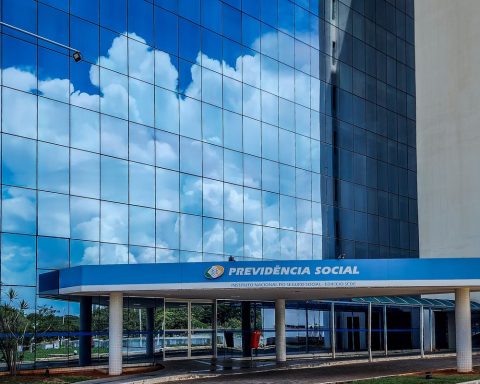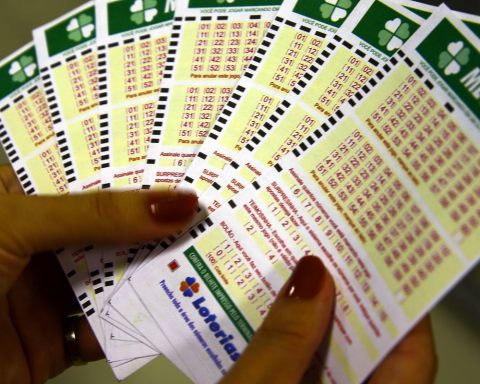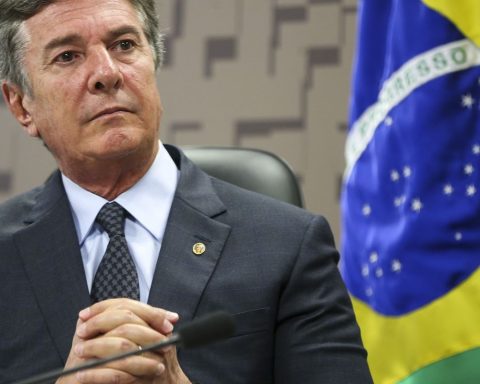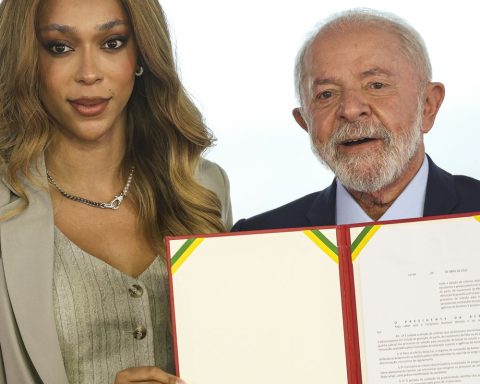The budget recomposition of education and the guarantee of the execution of strategies considered fundamental, such as the National Textbook Program (PNLD), which distributes textbooks and literary books to public schools, are among the main challenges of the government of President-elect Luiz Inácio Lula da Silva who takes office on January 1st.

Education is considered one of the main portfolios of the new government and will be commanded by the former governor of Ceará and elected senator Camilo Santana (PT).
According to report prepared by the transition team, the sector has suffered several budget cuts and budget freezes over the last few years. In addition, several institutional measures hampered the progress of public policies ranging from early childhood education to higher education.
The intention is to reestablish spaces for dialogue by recreating committees and commissions and guarantee the execution of federal programs considered essential for the provision of quality education.
Challenges
According to the report by the transition team, between 2019 and 2022, the MEC and the municipalities suffered institutional, budgetary and regulatory setbacks, with a lack of planning being observed; discontinuity of relevant policies; disarticulation with state and municipal education systems and the federal education network; inability to execute budget; and omissions in the face of educational challenges.
The recomposition of investments and resources for funding universities and federal institutes, as well as the guarantee of scholarships for students and researchers, is fundamental to guarantee a quality education, according to the transition team.
“The disregard for education affected several programs, such as school meals, construction of day care centers and schools, curriculum organization, expansion of full-time, initiation into teaching, among others. The few initiatives adopted were late, benefited a limited number of students and were disconnected from real needs, as in the case of the teacher training strategy through distance education platforms, without national coordination, encouragement and appreciation of educators”, he says. the text.
Lunch will be priority
One of the priorities, following the banner of fighting hunger in the country, is the guarantee of quality school lunches. In Brazil, basic education must be offered in collaboration with states and municipalities. The management of public schools is the responsibility of state and municipal governments, but the federal government must provide support. For meals, the federal government transfers the equivalent of BRL 0.36 per student, rising to BRL 1.07 for full-time students, amounts that have not been readjusted since 2017.
For the transition team, the readjustment of the lunch price is one of the emergency issues in education. In addition, priority should be given to ensuring that about one third of the food comes from family farming, as provided for in Law 11,947/2009.
Another priority listed by the transition team is support for early childhood education. According to the National Education Plan (PNE), Law 13.005/2014, by 2024, 50% of children aged up to 3 years must be enrolled in day care centers. Currently, according to 2019 data, this percentage is around 38%.
Comprehensive education should also be strengthened. According to the PNE, at least 50% of public schools must offer seven hours a day or more by 2024. Currently, according to 2020 data, this offer reaches 29.5% of schools. In addition, 25% of students must attend full-time. This index is 12.9%.
more dialogue
The Lula government intends to strengthen the spaces for dialogue, especially with state and municipal managers, to guarantee the collaboration regime. The report points out the importance of recreating a series of committees and commissions that have been extinguished since 2019, such as the Permanent Committee for Planning and Management of the Federal Network of Professional, Scientific and Technological Education.
According to the publication, challenges also include the resumption of paralyzed commissions, such as the Management Committee of the University for All Program (CGProuni); the improvement of functioning councils, such as the Monitoring and Social Control Council of the Basic Education Maintenance and Development Fund (Fundeb); and the creation of new councils, such as the Consultative Council for Regulation, Evaluation and Supervision of Higher Education, with broad participation from organizations active in the educational area.
Special education and civic-military schools
The report points to the need to repeal norms considered outdated and divergent from a public, free, secular and democratic education project.
“The most recent educational norms reflect this movement of ideologization, precariousness and constraint of public education”, says the text.
Among the measures cited is ending the public policy on special education which, according to the transition team, promotes the social isolation of children with disabilities. To this end, the proposal is to repeal Decree No. 10,502/2020, which excludes children with disabilities from living with other children in school environments.
Another proposal is to evaluate the National Program of Civic-Military Schools. The suggestion is that the President of the Republic issue an order directing the Minister of Education to evaluate the results of the public policy provided for in Decree 10004/2019, which instituted the program, under technical criteria related to cost-benefit, to define the budget allocation and continuity.
